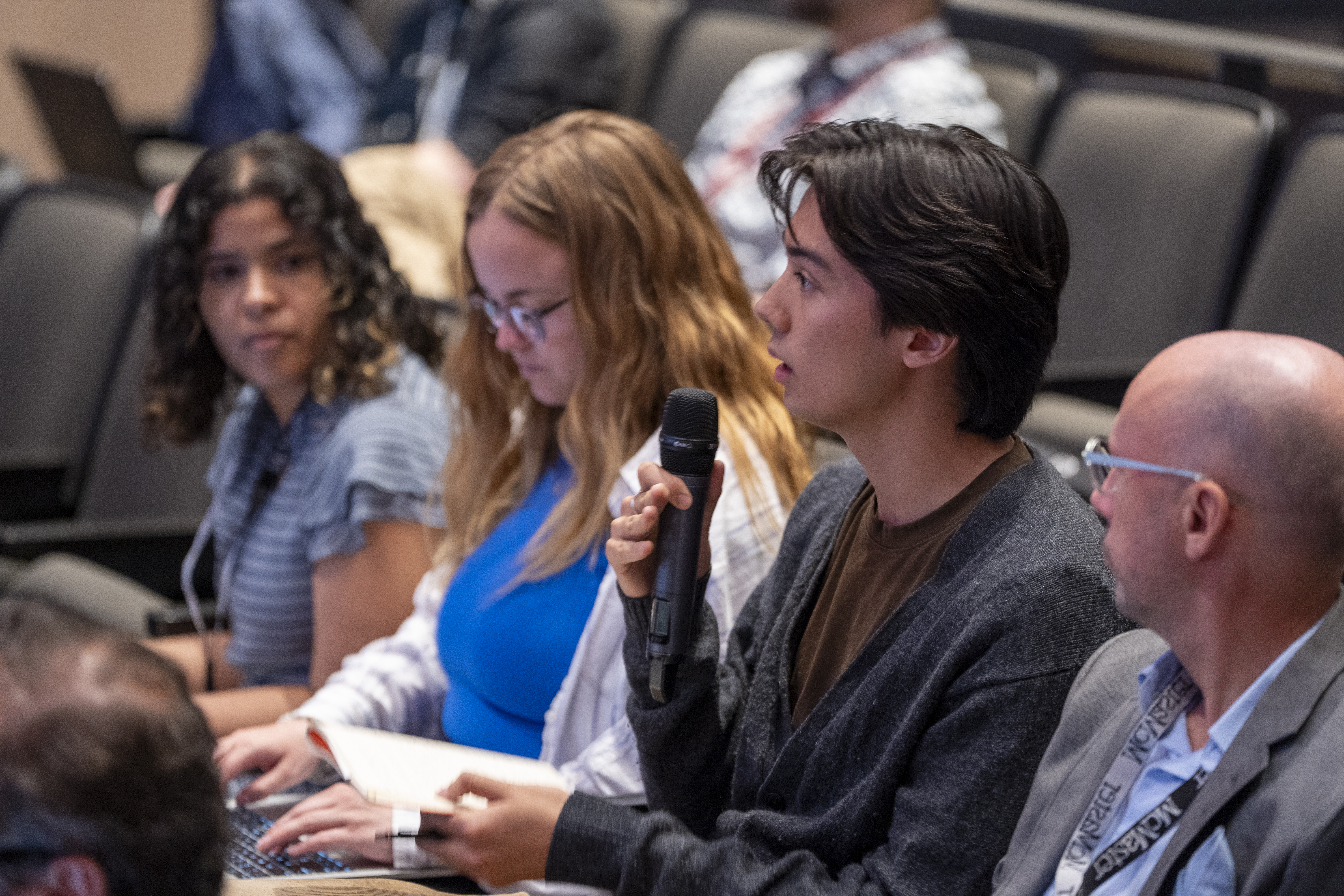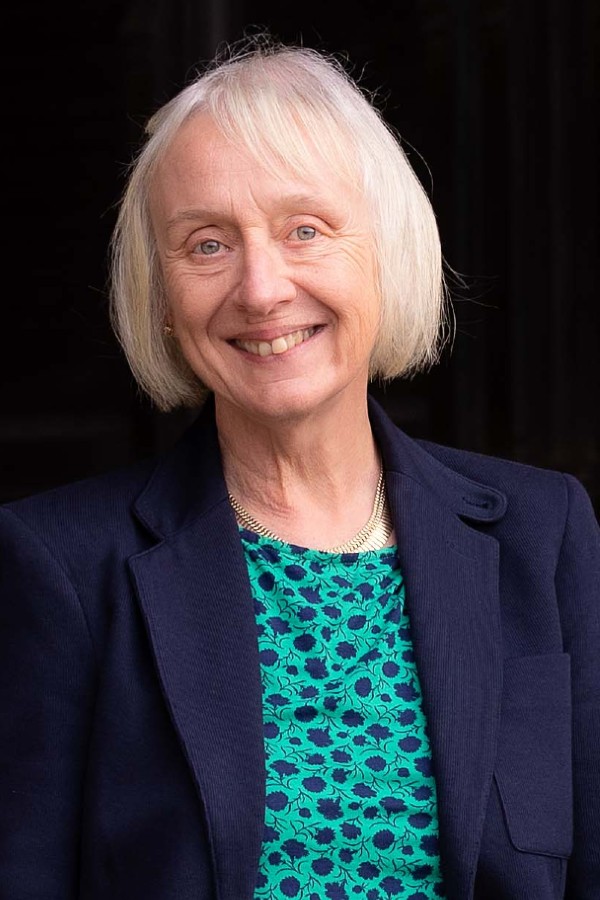A key issue for universities is adapting assessments for the digital age, as discussed in the 2023 Educational Innovation symposium. Following this, The Transforming Assessment in a New Era Project was developed, with the purpose of identifying and evaluating innovations, challenges and opportunities presented by new technologies, including generative AI.
Background
U21’s 2023 Educational Innovation Symposium, titled ‘Scoping the Future in Higher Education: Transition or Transformation?’ brought together delegates from across the network to tackle some of the big questions currently facing university educators. The symposium explored issues arising from swiftly advancing technologies such as generative artificial intelligence, which affects many areas of educational practice, not least academic assessment.

In an era dominated by rapid technological advancements, universities face the challenge of adapting their assessment methods to the age of artificial intelligence (AI). While the issue of authenticity in academic work predates AI, the widespread availability of this technology has opened new avenues for students to access information and potentially compromise the integrity of the work they produce.
Furthermore, the use of AI by students, particularly for mundane or routine tasks, raises questions about their engagement with course content. However, this technological shift also presents an opportunity for universities to reassess their course content and delivery, as well as assessment methods. Universities can look to leverage this into an opportunity to collaborate with students in co-creating innovative approaches that ensure meaningful evaluation and genuine learning outcomes that go far beyond responding to the immediate challenges of generative AI.
Project Outline
Following the 2023 EI Symposium each U21 university was asked to present a short case study of their institutional approach to Gen AI in their assessment approach. Those submitting case studies form the research base at each of the three stages of this 18 month project. At the start of each 6 month cycle participating institutions are interviewed in relation to the progress of their institutional approach to assessment in particular around the fast pace of change in relation to digital technology. At the end of each stage a report is produced summarising the key themes of the case studies and interviews. You can read the reports below.


